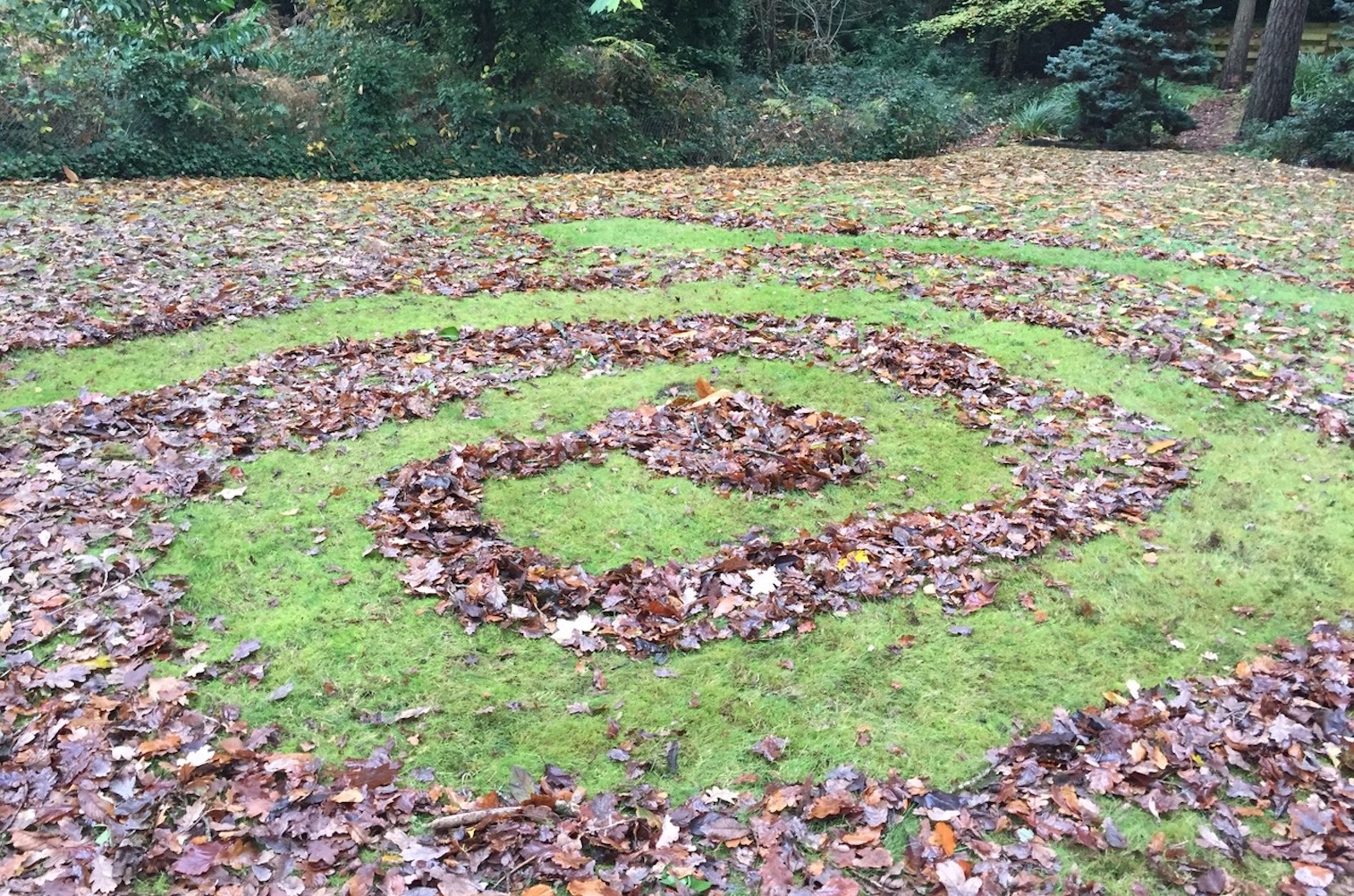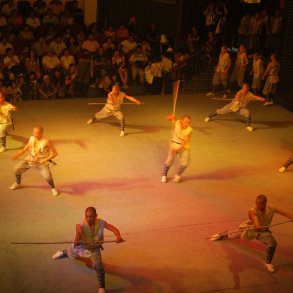By Morya Short for Enlivening Edge Magazine
This is Part 1 of a two-part article set. Part 2 by Lise Damkjaer is here.
Four years ago I met Marie Ornesved in the “personal development” stream of “Teal for Startups,” a group designing templates for startups. We worked together with many others to write about personal development and explore Teal ideas.
The personal stream was a deeply nurturing and learning experience, however we sensed there was more “shift” to come in the area of collaborative work. Then two years ago, we formed Joy Ventures with Alexandra Isaievych to continue the journey.
Joy Ventures
In Joy Ventures, we moved into a new mode of work and play. Namely work became play, just as you would expect from a company called Joy Ventures. During this phase we explored what it would be like to go beyond “Teal” ideas about next-generation organisations.
We focused our attention on “sensing what wanted to emerge.” Our meeting practises consisted of checkin processes and reflection techniques that supported all of us to feel our way to inspired action rather than force inspiration into a project plan. Here are some reflections on what we have learned through our practices.
Subconscious Ideas about Work and Success
In one of our early meetings the idea emerged that “we needed to get serious” which seemed incongruous with joy but we followed the idea nonetheless. We discovered “seriousness” was a deeply embedded idea around work. That is, you have to be serious to get anything of value done. By extension this meant that looking for “joy” in work was not just ill-advised, it was downright undesirable. Joy was the other end of the serious continuum and so clearly not useful at all. This was not the answer we were hoping for, so we continued to unpack the idea.
Joy was the other end of the serious continuum and so clearly not useful at all.
On reflection, it seemed to us that successful work was inherently serious and for best results work should also be hard. None of the members of Joy Ventures were strangers to hard work, but we were all ready to explore a different approach. So we wanted to understand, why does work need to be hard?
These are the answers we came up with.
- Hard work is not for everyone. So people who can work hard are “good”—maybe even “special”.
- The harder the work is the more “special” we feel. If work is long and arduous, then those who succeed can look back on their struggle and enjoy their own awesomeness as well as prove their awesomeness to others—in a “Wow that was so hard but we did it, we must be amazing” kind of way.
- Things that come too easily seem less worthwhile. Ever heard that phrase “If it were easy everyone would do it?” It’s a common English phrase, often used to encourage children to keep going even when the going gets tough. It translates to “Ignore your feelings and just do it.” The current 20-something generation seems to be moving on from this idea, which is maybe why older generations are calling them “snowflakes.” But that’s another story. The upshot is, this phrase reinforces the idea that hard work is good and easy work is not worthy of serious, hardworking, successful members of society.
Subconscious ideas like these are hard to discover but even harder to “weed out.” Luckily, this was about the time we discovered the word coddiwomple: to travel in a purposeful manner towards a vague destination. So, we coddiwompled our way to uncovering subconscious ideas about work and ourselves, without really knowing what it would look and feel like when we got there.
We knew we wanted to work “in flow” rather than “hard”—not because we long for a life of ease (although we wouldn’t say no to that)—but because listening to what wants to emerge in the world is best done from a place of joy, not struggle.
…listening to what wants to emerge in the world is best done from a place of joy, not struggle.
Lastly, we knew that unconscious ideas like this obscure our ability to view what wants to emerge. What subconscious ideas do you have about work, I wonder? Perhaps you can add some to the comment section so we can compare notes.
“What subconscious ideas do you have about work?”
Coddiwompling as you can imagine takes some time, as does weeding out ideas about work that need upgrading. Familiar simple phrases like “letting go” became almost laughable (at least to me.) Sometimes letting go felt more like running naked through a patch of gorse bushes, painful and exposed, yet once the middle is reached the commitment to making it to the other side is unavoidable.
Now Joy Ventures has transformed to Fabric of Life and we are ready at last to CoCreate with ease. If you would like to discover more about our CoCreative process and projects you can join sign up for our next Insights online event.
You can find more details here.
Part 2 of this article is here.





